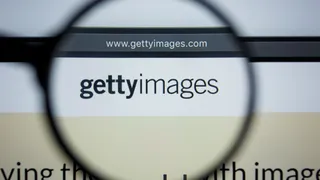
Marques 2019: navigating social change
Trademark lawyers and brand owners came together today, September 18, to hear about the importance of adapting to a rapidly changing world at the opening session of Marques’ annual conference in Dublin, Ireland.
Already registered?
Login to your account
If you don't have a login or your access has expired, you will need to purchase a subscription to gain access to this article, including all our online content.
For more information on individual annual subscriptions for full paid access and corporate subscription options please contact us.
To request a FREE 2-week trial subscription, please signup.
NOTE - this can take up to 48hrs to be approved.
For multi-user price options, or to check if your company has an existing subscription that we can add you to for FREE, please email Adrian Tapping at atapping@newtonmedia.co.uk

